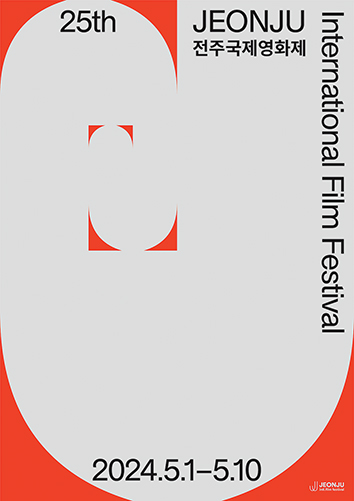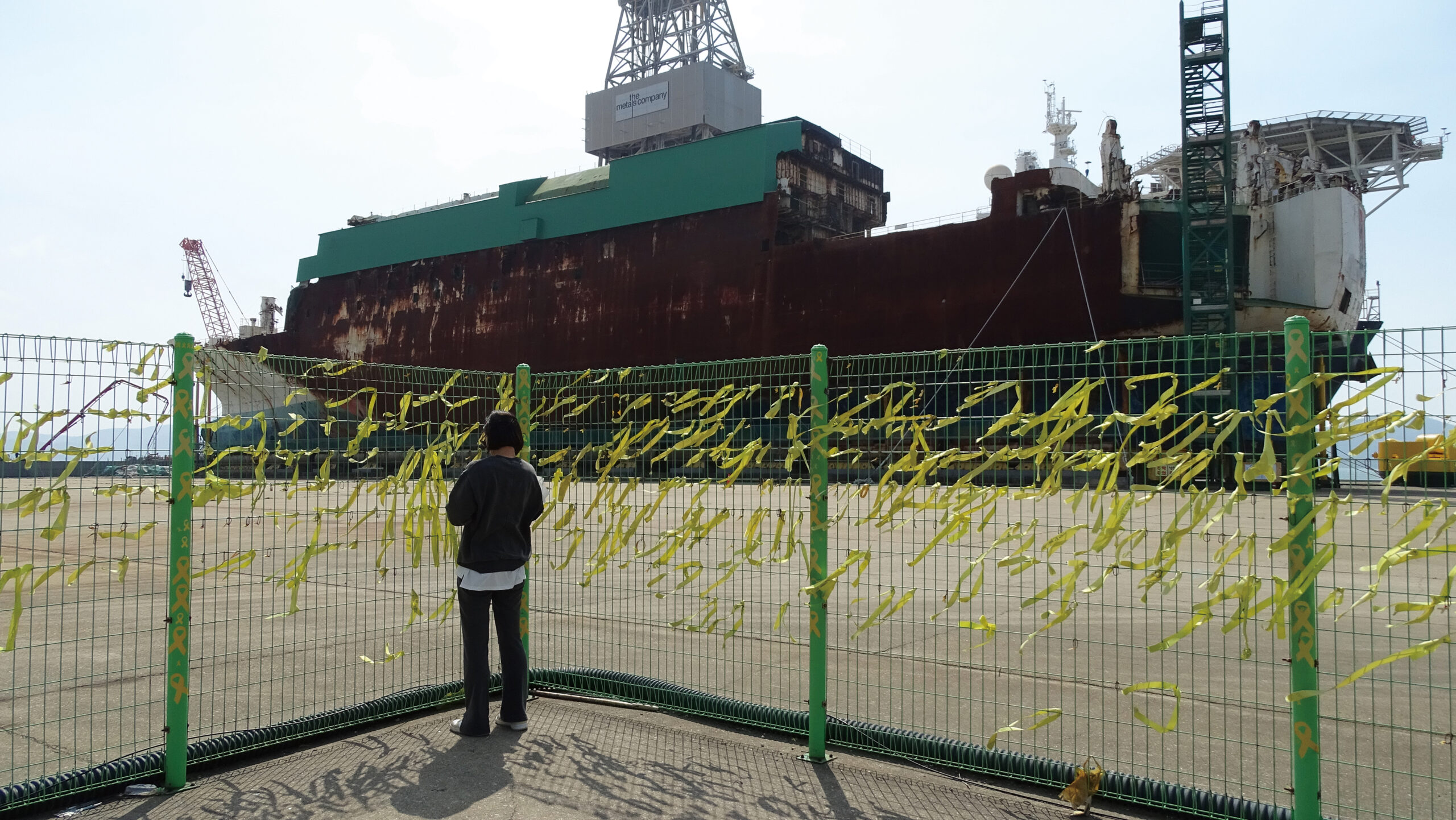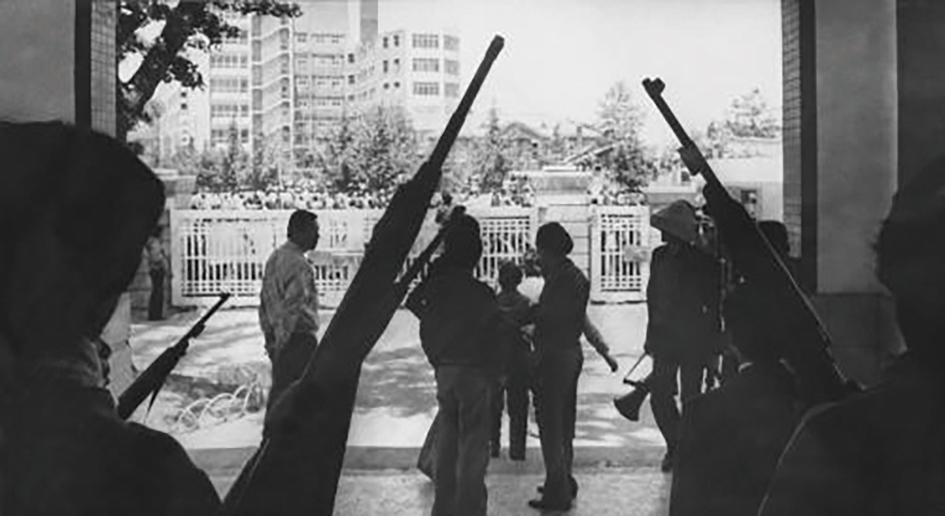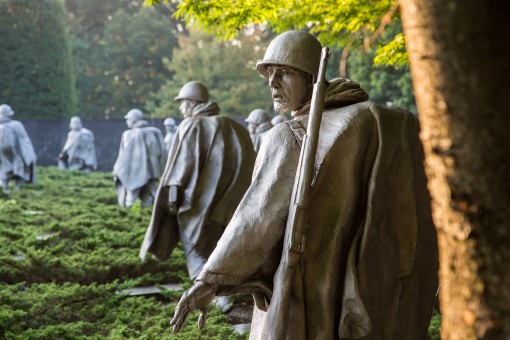The Korean War (6.25): How It Began
Originally written by Shin Sang-soon
(Originally appearing in the June 2003 and June 2010 issues of the Gwangju News.)
It was 69 years ago this month that the Korean War began. It lasted three long years, left millions dead and homeless, and left scars that have taken decades to overcome. As June 25 (6.25) is the observance of the outbreak of this devastating war, it is fitting and educational to remember the occasion by running a compilation of two Korean War articles by Prof. Shin Sang-soon, longtime contributor to the Gwangju News on myriad things Korean. — Ed.
It was a pre-dawn hour of Sunday, June 25, 1950, that the North Korean communists launched an unprovoked invasion into South Korea, without any warning or declaration of war, and captured South Korea’s capital of Seoul within three days. South Korean servicemen and officers were on leave for the weekend and the South was totally unprepared for such a large-scale attack. The North’s air force bombed Gimpo Airport, and their naval force landed on the east coast. The South Korean troops proved no match for the heavily armed communists and Russian-made T-34 tanks. Their radios blared that they were first attacked by the South and were only retaliating in response to the South’s provocation. It was a total lie. As a matter of fact, for months preceding the attack, negotiations between the North and the South had been underway regarding the settlement of frequent skirmishes along the 38th Parallel. The North’s attack was premeditated and miscalculated. When China became communist in 1949, the UN and the Free World could do nothing to save Free China. Kim Il-sung miscalculated that his invasion into the South would not trigger UN intervention.
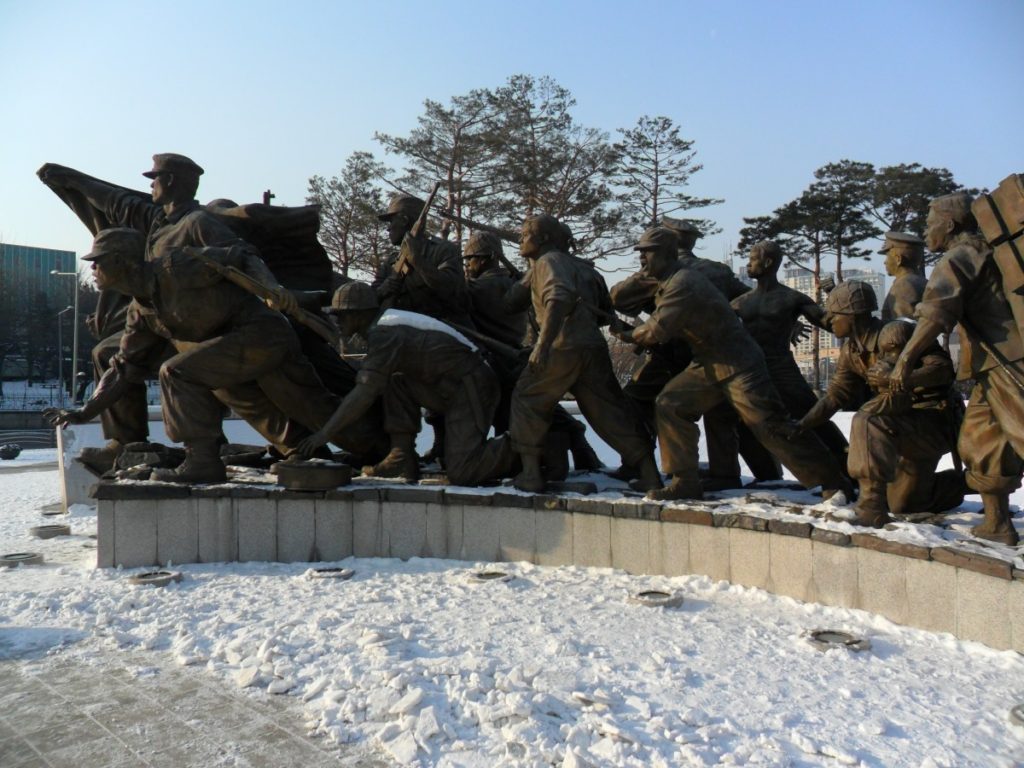
The Republic of Korea, recognized as the sole legitimate government on the Korean Peninsula by the UN General Assembly in December 1948, was on the verge of disappearing from the earth, with its capital in the hands of the communists. Immediate action needed to be taken to bring up the matter of the North’s invasion with the UN Security Council. Then-U.S. President Harry Truman,* though on vacation in his home state of Missouri, hurried back to Washington to take decisive action in the Security Council through the U.S. delegation to deal with the imminent danger in Korea. The danger was interpreted as communist domination of the world. After World War II ended in 1945, contrary to the world’s expectation of peace, disturbances erupted in many places around the world, the most conspicuous being the Berlin Blockade. Soviet Russia’s expansionism after WWII was dubbed an “Iron Curtain” along the Eastern European border.
If the North Korean adventure had been left unchecked, the resultant communist threat would have posed a great danger for Japan and the other Southeast Asian countries. At this time, the UN Security Council was in a state of disunion caused by frequent vetoes by Russia. After the fall of China to communism in 1949, Russia tried to oust the Taiwanese delegation from the Security Council but met with the Free World’s opposition. Yakov Malik, the Russian delegate to the Council, went home to Moscow in protest.
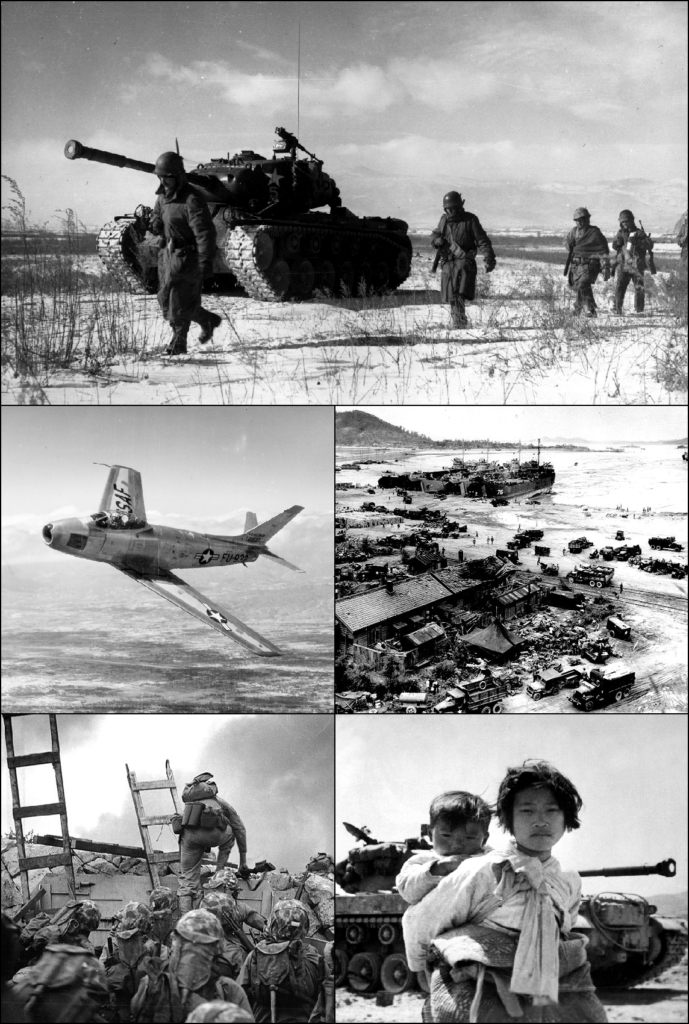
On June 27, 1950, two days after the outbreak of the war, the Council passed a resolution, with Russia abstaining, ordering the communists to withdraw to the original 38th Parallel and encouraging all UN member nations to give military support to South Korea. U.S. troops began to arrive soon after, and were subsequently joined by those of other nations. Medical assistance also came in the form of hospital ships, medical teams, field ambulance units, and hospital units. The UN Forces that formed and functioned in Korea were the first international armed forces to resist unlawful invasion into a peaceful country and to restore peace after the signing of the UN Charter in 1945.
In addition to the 16 UN nations providing combatant forces to South Korea (see table), the nine countries that provided medical assistance were Sweden (Red Cross hospitals), India (field hospitals), Denmark (hospital ships), Norway (field surgical hospitals), Italy (Red Cross hospitals)
Now, the Korean people make a grateful acknowledgement of the noble sacrifices made by the UN soldiers who lost their lives in the fight for the freedom of South Korea during the Korean War, which lasted from June 25, 1950, to July 27, 1953.
*An episode concerning the resolute little man from Missouri is in order. According to Cheonnamnok (천남록), a book of prophecies written in the middle of the Joseon Dynasty as narrated by Cheonggam (청감), the Nostradamus of his time, at a time of national emergency, Korea was to be rescued by a true man. That “true man” turned out to be President Truman. June 27, 1950, in the UN Security Council was a breathtaking moment for all Koreans, and the mysterious absence of Russia’s Malik from the Security Council miraculously paved the way for the passage of the Council resolution on Korea without a Russian veto. This writer shudders at the mere thought of Russia being present in the Council chamber, wondering what would have happened if Malik had exercised his veto – even if “if” has no place in history.
The Author
Shin Sang-soon (1922–2011) was a longtime professor of English education at Chonnam National University. After his retirement, he authored “The Korean Way” under the penname “2Ys,” a column in the Gwangju News that ran from 2002 to 2010. Prof. Shin was also a senior advisor to the Gwangju International Center.




